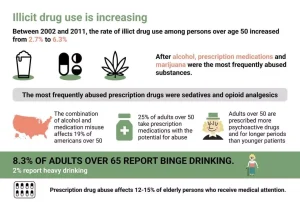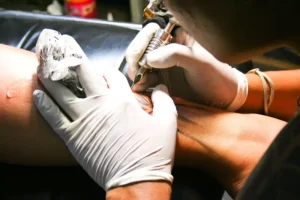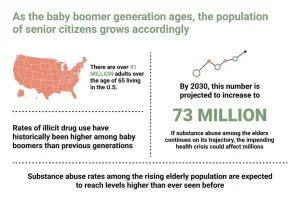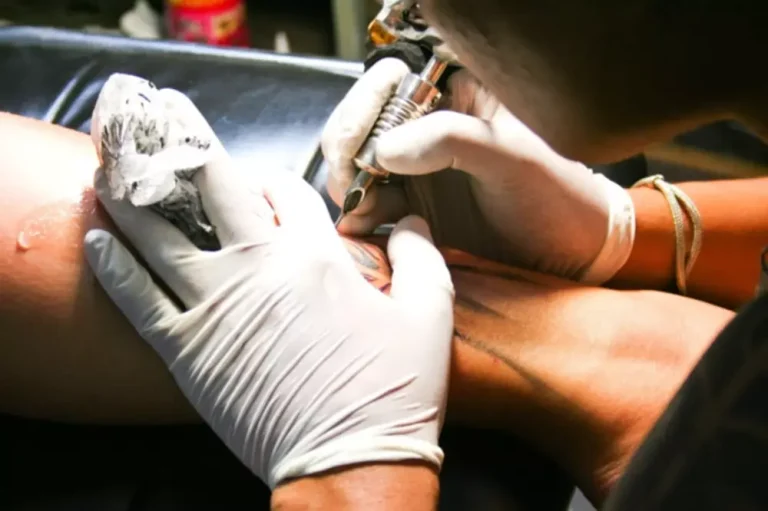
As a result, your kidneys will struggle to maintain the proper amount of fluid within your body. If you do not have underlying kidney disease or low kidney function, over-the-counter pain relief medication such as ibuprofen or acetaminophen may be appropriate and helpful for managing pain. If you suspect you’ve overdone on alcoholic beverages, seek medical advice before being prompted by severe pain.
Impact of Alcohol on Kidney Function
- Your kidneys constantly work to remove toxins from your blood and balance the amount of water in your body.
- Dehydration from beer and purines in it can worsen existing stones or raise your risk of forming new ones.
- As mentioned, acute kidney injury can occur after a session of binge drinking.
- The latter two symptoms occur due to toxin buildup in the bloodstream.
Acute kidney damage (also known as acute kidney failure) can occur due to binge drinking. Binge drinking means consuming more than four to five drinks in two hours. Consuming more than three to four drinks per hour can also negatively impact the kidneys. Binge drinking (consuming lots of alcohol in a short time period) often causes acute kidney injury. The condition features a sudden drop in kidney function, which may or may not be reversible. Treatment for chronic kidney disease includes dialysis and even a kidney transplant.
Energy Drinks and Kidney Pain, Kidney pain from drinking
One reason alcohol may affect the kidneys is through acute kidney injury. This may result from high levels of toxins leading to tissue injury and inflammation. A kidney infection is a type of urinary tract infection (UTI) that starts in the urethra or bladder and moves to one or both kidneys. The symptoms and severity of a UTI may get worse after drinking alcohol. Unfortunately, dealing with chronic kidney disease and alcohol dependence presents a significant challenge, but complete abstinence is the best course of action. Dehydration can impair kidney function by reducing the body’s ability to flush out waste products effectively, potentially accumulating waste products in the bloodstream.
When to See a Doctor for Kidney Pain
- Just because your kidneys have recovered from immediate effects of alcohol damage doesn’t mean that the impact on your kidneys is over.
- Research has shown that alcohol can lead to alterations in the kidneys’ structure and function, as well as a decreased ability to regulate the body’s fluid volume and electrolyte balance.
- In some cases, dehydration will require a visit to the doctor.
Treat gastritis by avoiding alcohol, pain medications, and https://ecosoberhouse.com/ recreational drugs. Your doctor may prescribe proton pump inhibitors or H2 antagonists to reduce the production of stomach acid. Alcohol has diuretic properties that cause you to urinate more. This leads to dehydration, especially when you drink alcohol in excess. At the same time, you may also have infection, which is named as Pyelonephritis. Such disorder happens mainly when your urine returns ureter because of stones.

For Immediate Treatment Help Call 800-526-5053
Research indicates that alcohol can directly damage the kidneys, changing their structure and form. Alcoholic patients with cirrhosis may experience kidney enlargement and inflammation. Alcohol consumption can cause high blood pressure or alcohol-induced diabetes, which are major drug addiction risk factors for CKD. Kidneys hurt after drinking is a condition where an individual experiences pain or discomfort in their kidneys after consuming alcohol. Dehydration is a common culprit, but sometimes underlying issues are at play. Therefore, persistent kidney pain after drinking warrants a medical consultation to rule out any underlying issues.

Physical examination revealed significant edema in her lower extremities. Laboratory tests showed markedly elevated creatinine levels, reduced glomerular filtration rate (GFR), and proteinuria (protein in the urine), indicative of chronic kidney disease (CKD) stage 3. Ultrasound showed significant reduction in kidney size and altered echogenicity (texture), consistent with chronic kidney damage. Ms. Smith’s case required a more complex management approach, including blood pressure control, dietary modifications to limit protein intake, and potentially long-term dialysis in the future. For some people, drinking too much alcohol can increase the risk of developing kidney stones.
- IF you have this condition, then you may feel intense pain, nausea and chills.
- We cannot guarantee payment or verification eligibility as conveyed by your health insurance provider will be accurate and complete.
- We will also explore preventative measures, lifestyle modifications, and dietary adjustments that can promote kidney health and potentially reduce the likelihood of experiencing this discomfort.
- Blood tests revealed elevated creatinine levels, suggesting acute kidney injury (AKI).
- Some cases of liver disease may require surgery or medications.
This condition requires immediate medical attention, and treatment may involve antibiotics if the blockage is caused by a kidney infection instead of kidney stones. These symptoms are the same as what a person living with untreated chronic kidney disease might experience. Meet with your doctor to receive treatment for kidney stones or infections if they are the cause. These conditions may require antibiotics kidneys hurting after drinking or other treatments.
Treatment Options for Alcohol Misuse & Addiction
By clicking “Submit,” you certify that you have provided your legal name and phone number, agree to the terms and conditions and privacy policy, and authorize Addictionresource to contact you. You consent to receive SMS notifications and promotions from Addictionresource. The increased urinary output and potential calcium loss can both contribute to kidney stress.

Can alcohol cause kidney failure?
It’s important you stop drinking alcohol as soon as the pain hits, drink lots of water and see a healthcare professional as soon as possible. Intense back discomfort or agony in the stomach or genitalia may be experienced while the body works to pass the stone. The body may get severely infected or clogged if the stone is not passed. Ask your healthcare provider if it is safe for you to drink, especially if you have a medical condition or take medicines that might be affected by using alcohol.

What Are The First Signs of Kidney Damage From Alcohol?
Certain foods and dietary components can increase inflammation or stress on the kidneys, potentially worsening soreness after alcohol consumption. High sodium intake, for instance, can lead to water retention, which might contribute to discomfort. Processed foods, often high in sodium and unhealthy fats, should be limited. Similarly, foods high in purines, such as red meat and organ meats, can increase uric acid levels, potentially causing inflammation. Kidney soreness after drinking alcohol can be exacerbated by certain dietary factors. Understanding these factors and making appropriate dietary changes can significantly alleviate discomfort and promote kidney health.

 German
German